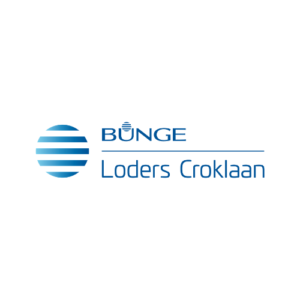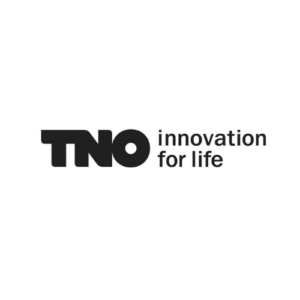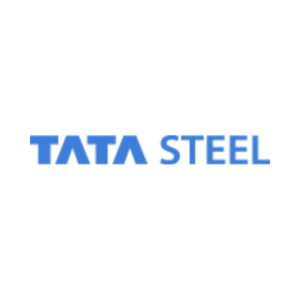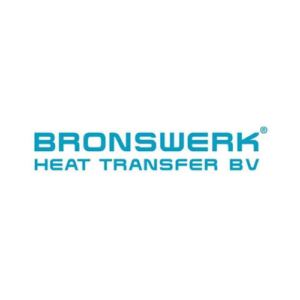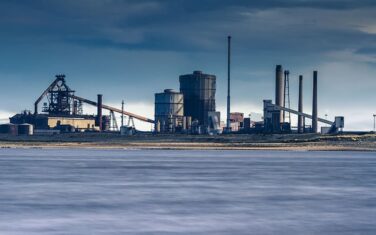The objective of this project is to develop 50% less expensive heat pump technology that generates heat in an economically feasible way for industrial applications, using waste heat and (renewable) electricity. This technology can be applied cross sectoral and offers large energy savings. The cost target range is between 150-200 €/kWth.
In short:
- Developing a 50% less expensive heat pump technology
- For industrial application
- A final report on the cost reduction, new compression heatpump and a market analysis
About the CRUISE project
The project starts with identifying the specific needs of the industrial end-users and the specific requirements of heat pump integration, by close cooperation between industrial end-users and technology providers. Options for cost reduction are identified by the technology providers and ECN and assessed in a separate work package. Two heat pump concepts (compression & thermoacoustic) will be manufactured and tested that meet the cost objective of this project. Testing of both concepts will be carried out by ECN. A separate work package is devoted to defining the market potential, including dissemination, carried out by ISPT and FME.
The achieved results
The project results are split up into four sections: cost reductions, compression heat pump, thermo-acoustic heat pump and market analysis. The summary of the results is available below, please check also the CRUISE Public Report (in Dutch) for more details, the report can be downloaded under all project publications.
1. Cost reductions
The cost reduction study for compression heat pumps shows that serial construction and application of other types of compressors can reduce the investment costs at least in half from the current 500 € / kWth to 250 € / kWth for a system on a 2 MW scale. Based on these principles, a conceptual design with use of non-flammable working medium has been made for a 2 MW heat pump.
2. Compression heat pump
Results indicate that it is also possible to generate high-temperature heat in the form of steam with a synthetic working medium. It is expected that with the tested working medium in combination with a suitable oil comparable performance, both in terms of delivery temperature and efficiency, can be achieved as Pentane.
3. Thermo-acoustic heat pump
Within this project it was decided to connect an existing heat pump (TASTE project, TEEI314009) to a new, larger compressor. After design adjustments and starting the compressor, it was found that the intended operating range could not be reached when increasing the speed. The cause of this appears to be a small opening in the (temporary) bypass line. This causes a lot of losses and must be removed. Despite the low pressure amplitude, a clear pumping action was visible. The thermocouples in the system showed a rapid build-up of a temperature gradient across the regenerator, indicating that heat pump operation is taking place.
4. Market analyses
To determine the market for industrial heat pumps, a bottom-up analysis of applications in the EU-28 has been made. The bottom-up market study shows valuable results regarding the application potential of industrial heat pumps in the EU-28 up to a delivery temperature of 200 ° C. Based on available data, a market potential of 24.6 GW is calculated, which supplies 655 PJ of heat to industrial processes. The study has also increased insight into the desired capacities of an industrial heat pump. The large numbers, and therefore possibilities for series production, are for power sizes <10 MW. The market study can be further improved by better availability of process data.
Go here to download the final project report.
You might also be interested in
Articles / Publications
Acknowledgement & partners
This project is co-funded with subsidy from the Topsector Energy by the Ministry of Economic Affairs and Climate Policy.

